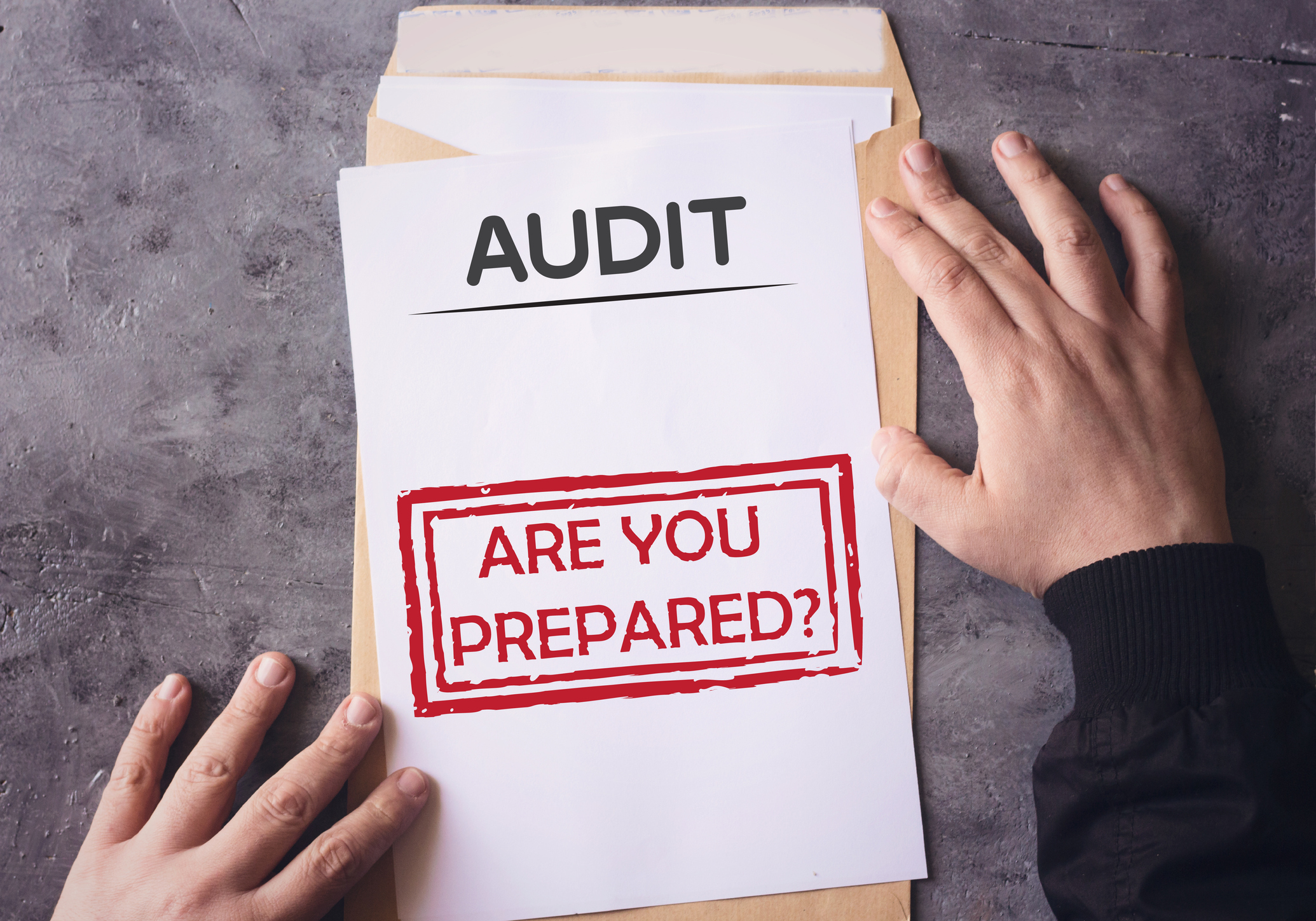Internal Audits: These are conducted by company employees, often by the accounting team or a designated internal auditor. The primary focus is to assess the efficiency of operations, compliance with policies, and the accuracy of financial reporting. Internal audits help companies identify areas for improvement and reduce the risk of errors or fraud.
External Audits: In contrast, external audits are performed by independent auditing firms or teams not affiliated with the organization. These external auditors provide an unbiased opinion on the company’s financial statements, ensuring that they provide a true and fair view of the company’s financial position. This independence is critical for maintaining stakeholder trust and meeting regulatory requirements.

Both government agencies and private organizations recognize the importance of audits in promoting transparency and maintaining a favorable reputation within the business community. Most businesses undergo external audits at least once a year, during which an independent firm meticulously reviews all relevant financial records.
The outcome of this process is a detailed audit report that encapsulates all financial transactions and business dealings over the year. This report serves multiple stakeholders, including shareholders, regulatory bodies, and the public, by providing a clear picture of the company’s financial health.
For the auditing process to be effective, it is crucial that both the company and the auditing agency uphold principles of fairness and impartiality. If either party operates with bias, the credibility of the audit could be compromised, rendering the entire exercise redundant.
Furthermore, businesses of all sizes, especially small and medium-sized enterprises, are increasingly adopting accounting software to streamline their bookkeeping processes. Such software can enhance financial accuracy, enable real-time monitoring of finances, and keep companies prepared for audits at any time.

Benefits of Being an Audit-Ready Business
Reliability and trust
Being audit-ready positions a business as reliable, which is essential for gaining the trust of investors and shareholders. A transparent audit history encourages further investments, creating a stable financial environment for the company.Transparency and accountability
Audit-ready businesses exhibit clear and transparent accounting practices, significantly reducing any fears associated with accountability. This transparency enhances the company’s credibility and attracts more depositors who seek secure investment opportunities.Enhanced investor confidence
Regular, thorough audits lead to updated financial reports that bolster investor trust. When a company’s financial information is consistently accurate and accessible, investors feel comfortable and informed, increasing the likelihood of their financial backing.Attraction of foreign investments
Companies that maintain an audit-ready status attract local clients and depositors and appeal to foreign investors. The trust established through a robust track record of transparency reassures international stakeholders about the company’s reliability.
Improved business ratings
Investors often conduct due diligence to evaluate a company’s credibility, which includes checking its ratings and audit history. A well-audited company with a strong financial performance is likely to achieve higher ratings, positioning it as a formidable competitor in the marketplace.Stronger financial relationships with banks
An audit-ready status fosters trust among shareholders and persuades banks and other financial institutions to engage more freely in lending, investment, and financial services.Decreased instances of fraud
Regular audits significantly reduce the risk of financial fraud and improprieties. The systematic oversight provided by audits can discourage dishonest practices, fostering a corporate culture of integrity and accountability.Accurate financial representation
Investors desire a comprehensive and truthful financial depiction before committing to their resources. Audit-ready organizations can assure them that their financial statements reflect true income, expenses, and cash flow. This accuracy allows investors to make significant investments with confidence, as they are fully informed about the financial standings and risks associated with their potential investment.Regular audits promote an environment of reliability and trust, reducing the need for shareholders to constantly monitor daily bookkeeping practices. Through systematic checks and balances, these audits help maintain organizational integrity and financial transparency, ultimately reinforcing stakeholders’ confidence in the business. This infrastructure of accountability not only protects the company but also enhances its overall standing in the eyes of investors and the broader business community.
 About Complete Controller® – America’s Bookkeeping Experts Complete Controller is the Nation’s Leader in virtual bookkeeping, providing service to businesses and households alike. Utilizing Complete Controller’s technology, clients gain access to a cloud platform where their QuickBooks™️ file, critical financial documents, and back-office tools are hosted in an efficient SSO environment. Complete Controller’s team of certified US-based accounting professionals provide bookkeeping, record storage, performance reporting, and controller services including training, cash-flow management, budgeting and forecasting, process and controls advisement, and bill-pay. With flat-rate service plans, Complete Controller is the most cost-effective expert accounting solution for business, family-office, trusts, and households of any size or complexity.
About Complete Controller® – America’s Bookkeeping Experts Complete Controller is the Nation’s Leader in virtual bookkeeping, providing service to businesses and households alike. Utilizing Complete Controller’s technology, clients gain access to a cloud platform where their QuickBooks™️ file, critical financial documents, and back-office tools are hosted in an efficient SSO environment. Complete Controller’s team of certified US-based accounting professionals provide bookkeeping, record storage, performance reporting, and controller services including training, cash-flow management, budgeting and forecasting, process and controls advisement, and bill-pay. With flat-rate service plans, Complete Controller is the most cost-effective expert accounting solution for business, family-office, trusts, and households of any size or complexity.




